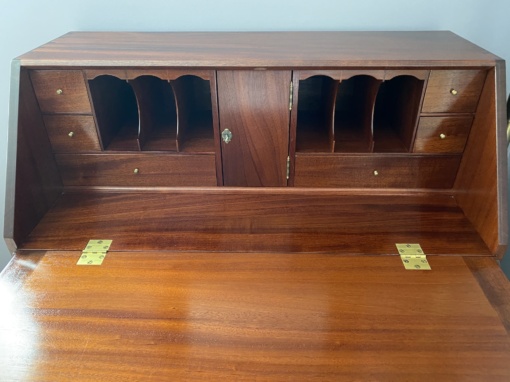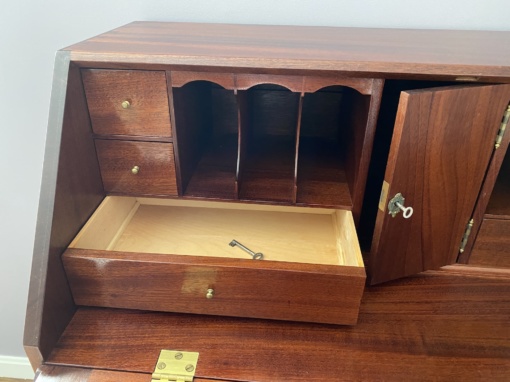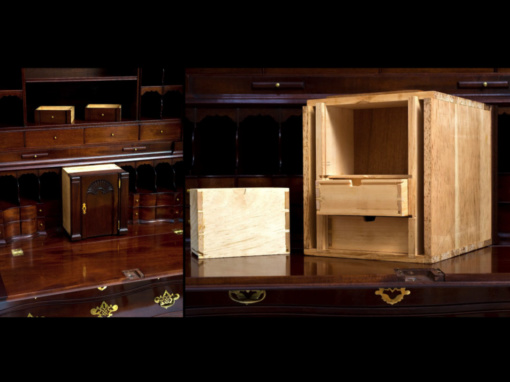Before a blackout happens assemble essential supplies, including:
- Flashlight
- Batteries
- Portable radio
- At least one gallon of water
- A small supply of food.
Due to the extreme risk of fire, do not use candles during a power outage.
If you have space in your refrigerator or freezer, consider filling plastic containers with water, leaving about an inch of space inside each one. (Remember, water expands as it freezes, so it is important to leave room in the container for the expanded water). Place the containers in the refrigerator and freezer. This chilled or frozen water will help keep food cold if the power goes out, by displacing air that can warm up quickly with water or ice that keeps cold for several hours without additional refrigeration.
 |
||||
|
||||
If you use medication that requires refrigeration, most can be kept in a closed refrigerator for several hours without a problem. If unsure, check with your physician or pharmacist.
If you use a computer, keep files and operating systems backed up regularly. Consider buying extra batteries and a power converter if you use a laptop computer. A power converter allows most laptops (12 volts or less) to be operated from the cigarette lighter of a vehicle. Also, turn off all computers, monitors, printers, copiers, scanners, and other devices when they’re not being used. That way, if the power goes out, this equipment will have already been safely shut down. Get a high quality surge protector for all of your computer equipment. If you use the computer a lot, such as for a home business, consider purchasing and installing an uninterruptable power supply (UPS). Consult with your local computer equipment dealer about available equipment and costs.
If you have an electric garage door opener, find out where the manual release lever is located and learn how to operate it. Sometimes garage doors can be heavy, so get help to lift it. If you regularly use the garage as the primary means of entering your home upon return from work, be sure to keep a key to your house with you, in case the garage door will not open.
If you have a telephone instrument or system at home or at work that requires electricity to work (such as a cordless phone or answering machine), plan for alternate communication, including having a standard telephone handset, cellular telephone, radio, or pager. Remember, too, that some voice mail systems and remote dial-up servers for computer networks may not operate when the power is out where these systems are located. So even if you have power, your access to remote technology may be interrupted if the power that serves those areas is disrupted. Check with remote service providers to see if they have backup power systems, and how long those systems will operate.
Keep your car fuel tank at least half full because gas stations rely on electricity to power their pumps.
Follow energy conservation measures to keep the use of electricity as low as possible, which can help power companies avoid imposing rolling blackouts.




























